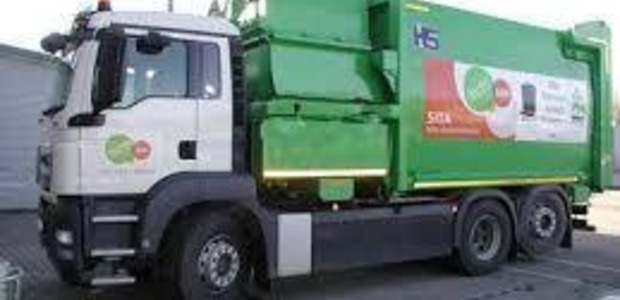advertisement
SAP partners with PROLOGA on predictive analytics of waste management
SAP has partnered with waste management expert PROLOGA, to address many of the challenges around this industry: from route planning,…

SAP has partnered with waste management expert PROLOGA, to address many of the challenges around this industry: from route planning, real-time equipment oversight, staff management and citizen services to meeting regulatory benchmarks and forward-planning through data collection and predictive analytics.
The SAP Waste and Recycling application melds seamlessly with an SAP ERP (enterprise resource planning) system, implemented by experienced partners such as Yash Technologies. Through this solution managers can control equipment age, track disposal bins, align pickup schedules to refuse levels in bins, plan routes with on-the-ground feedback, comply with environmental laws, facilitate recycling economies and more.
SAP waste management technology solutions have many possibilities that are developing from day to day. Amongst others, they are currently also playing a role in helping manage issues related to infectious disease outbreaks in Africa, such as cholera and Ebola.
advertisement
According to research conducted by United Nations Economics for Africa in 2012, poor waste management practices is amplifying urban sanitation problems around the continent’s cities. In many cases it has led to citizen-led initiatives. For example, self-help and private contractors groups in Nairobi, Kenya, has taken on the management and removal of waste to help prop up struggling public infrastructure. But shifting the city’s 900,000 tonnes of annual waste is difficult and only around half of the garbage is truly being disposed of or recycled properly.
Studies reveal that Nairobi’s waste and recycling communities can become self-sustaining and even profitable, but they need the help of national and local government to introduce effective waste management systems. Improvements in infrastructure and processes are urgently needed to support entrepreneurial waste collection enterprises and reduce the pressures of rural-urban migration.
In another example, the central African nation of Gabon is growing its appeal as a tourism destination by tackling the waste problems of its capital Libreville. The city’s inhabitants also quickly cottoned onto the benefits of a cleaner environment, resulting in less littering and proactive beautification of the area.